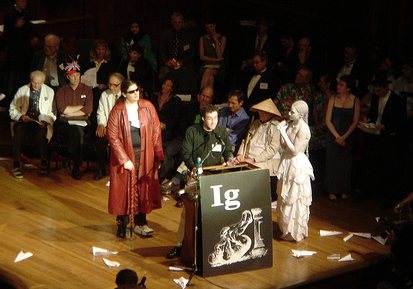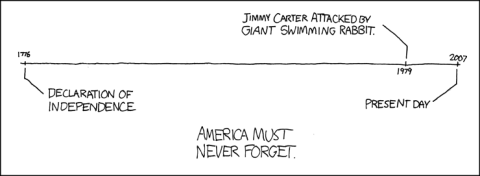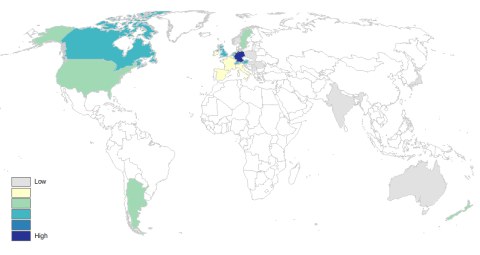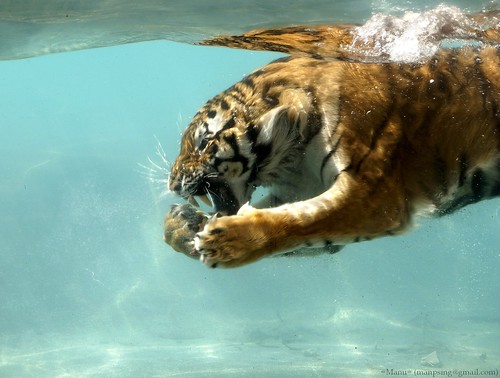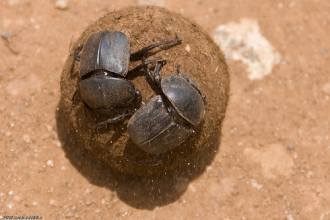
Dung beetles – evolving
One of the lies frequently used to refute evolution is that it can’t be seen happening. That argument is, of course, both irrelevant and untrue.
Evolution is routinely observed in action and a recently published paper (reported in The Economist) has illustrated yet another case. What I like about this case is that it illustrates speciation.
Speciation is more than an animal evolving a trait (like a longer tail, or bigger teeth) but rather a single species evolving into two different species. The resulting species are unable to interbreed and will go on to evolve completely separately – just has humans and chimps have evolved separately since their own ancient split.
The object of the study was the humble dung beetle, or rather a specific species of dung beetle which has recently split into four species. The beetles in question were introduced into eastern Australia, western Australia and North Carolina within the last 50 years.
Since then (through a fascinating mechanism that has to do with the relationships between horn, penis and vagina sizes – read the article for more detail) the different populations have developed to the point where they are (or very nearly are) completely different species.
Well within a human lifetime. Take that.
